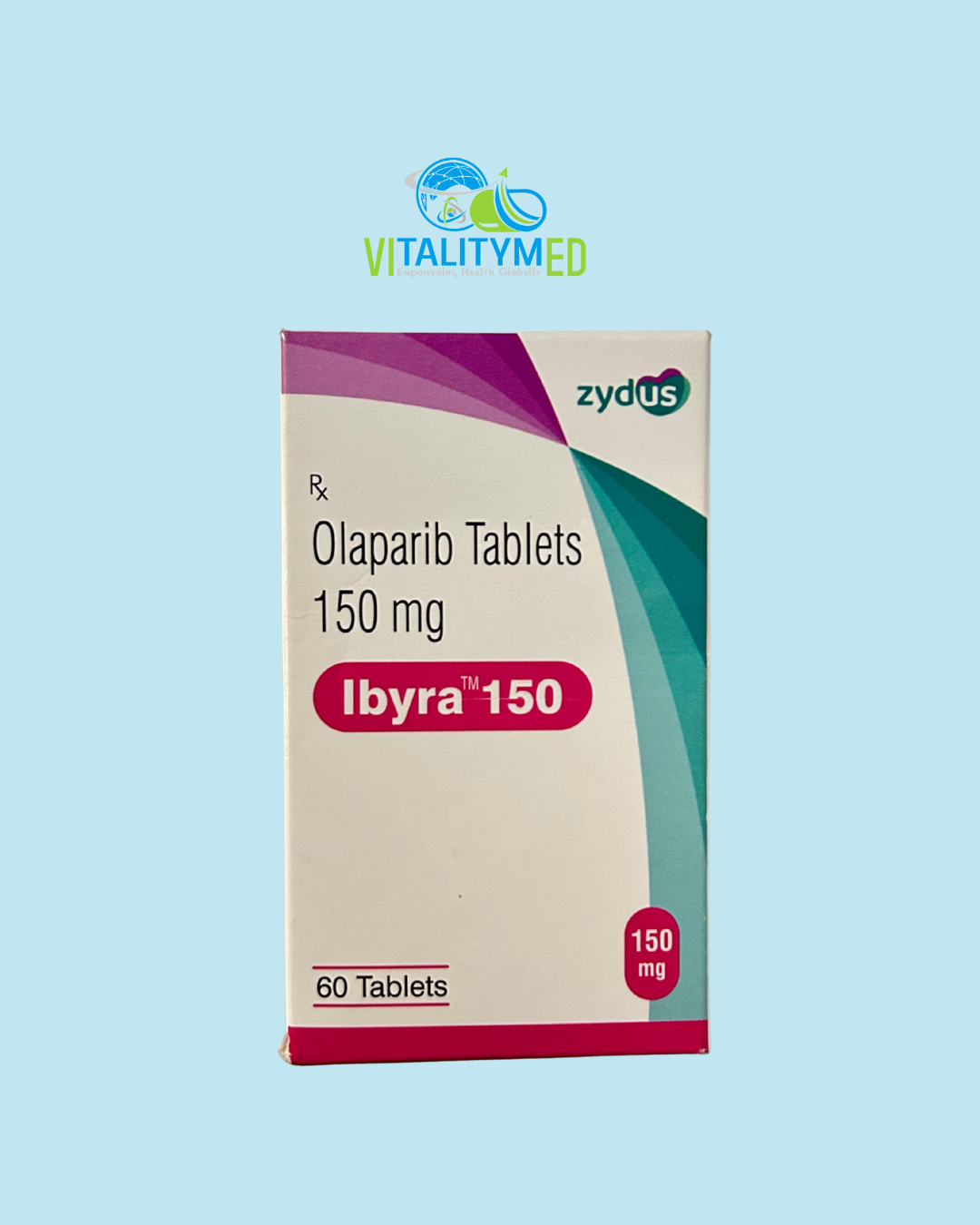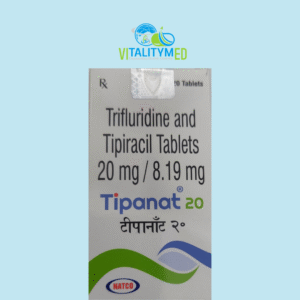Ibyra contains Olaparib, an oral targeted therapy used in the treatment of certain types of cancers, most notably ovarian, breast, pancreatic, and prostate cancers. It belongs to a class of medications known as PARP inhibitors. Ibyra is generally used in patients with cancers linked to BRCA gene mutations or in cases where the cancer has shown sensitivity to platinum-based chemotherapy. It offers a personalized approach to cancer treatment by targeting specific genetic changes in cancer cells.
Mechanism of Action
Olaparib works by inhibiting the activity of the enzyme poly (ADP-ribose) polymerase, or PARP. PARP plays a key role in repairing damaged DNA in cells. In cancer cells that already have deficiencies in other DNA repair pathways (such as those with BRCA mutations), blocking PARP leads to an accumulation of DNA damage, eventually causing the cancer cell to die. This selective action helps target cancer cells more than normal cells, making the treatment more precise.
Uses
Ibyra is indicated for use in:
-
Maintenance treatment of advanced ovarian cancer with BRCA mutations after response to platinum-based chemotherapy
-
Treatment of metastatic breast cancer associated with BRCA mutations
-
Advanced pancreatic cancer in patients with a BRCA mutation and prior chemotherapy response
-
Metastatic castration-resistant prostate cancer with homologous recombination repair gene mutations including BRCA
Treatment decisions are usually guided by genetic testing to confirm the presence of the relevant mutations.Adverse Effects
Like most cancer therapies, Ibyra may cause side effects. Commonly reported ones include:-
Nausea and vomiting
-
Fatigue and weakness
-
Decreased appetite
-
Diarrhea or indigestion
-
Headache and dizziness
-
Taste changes
-
Anemia and low blood counts, which may lead to fatigue, shortness of breath, or increased infection risk
-







